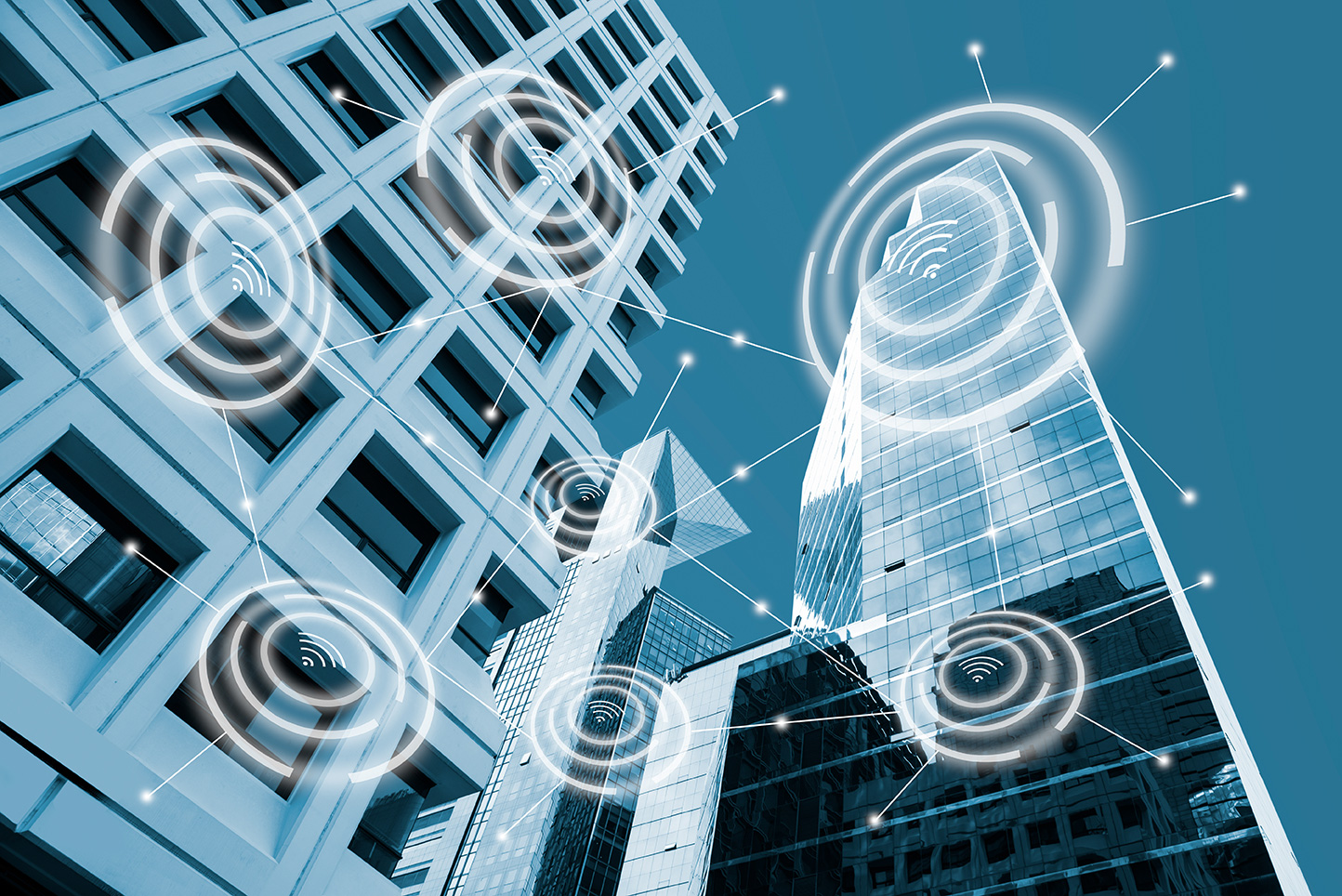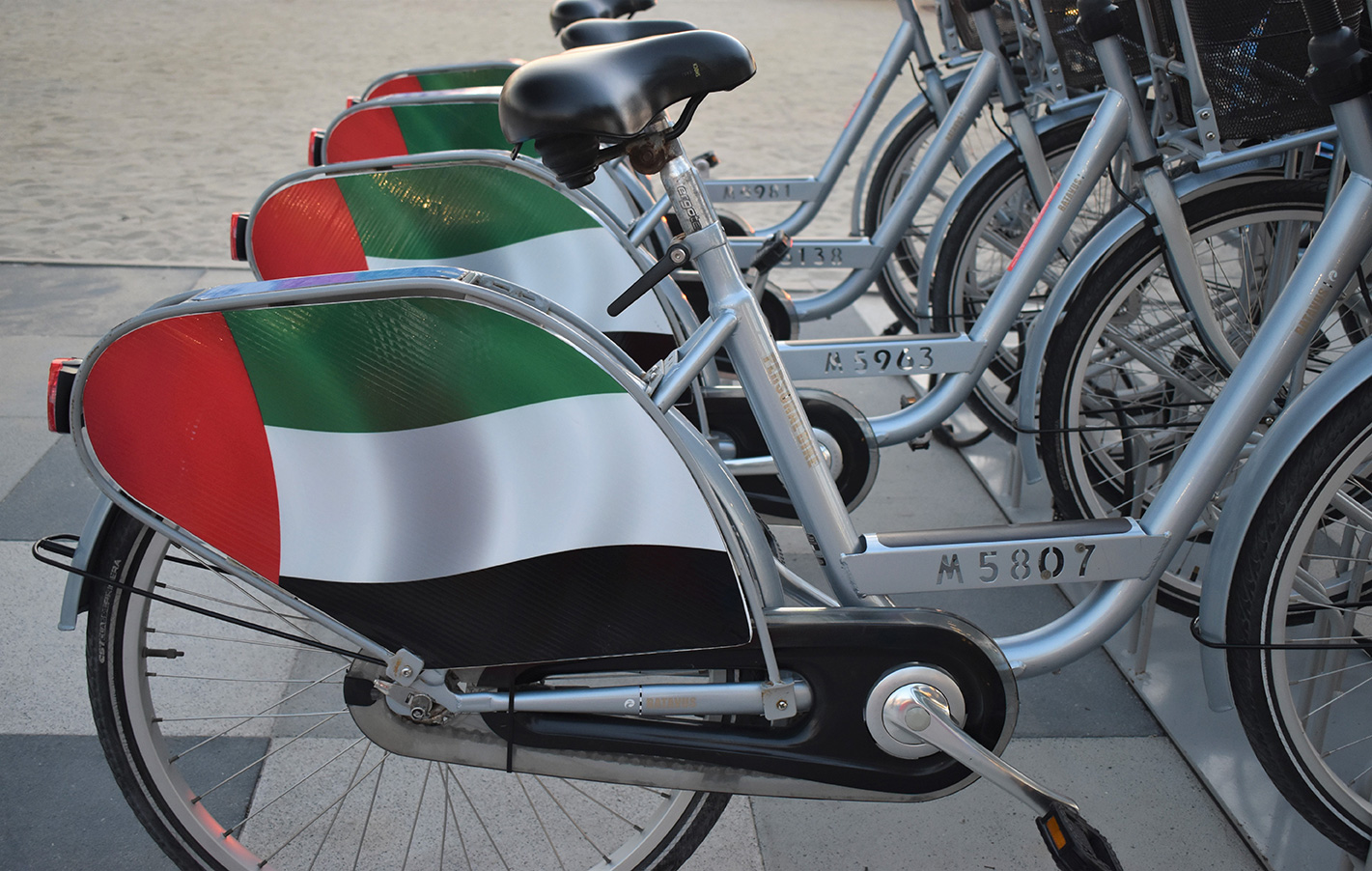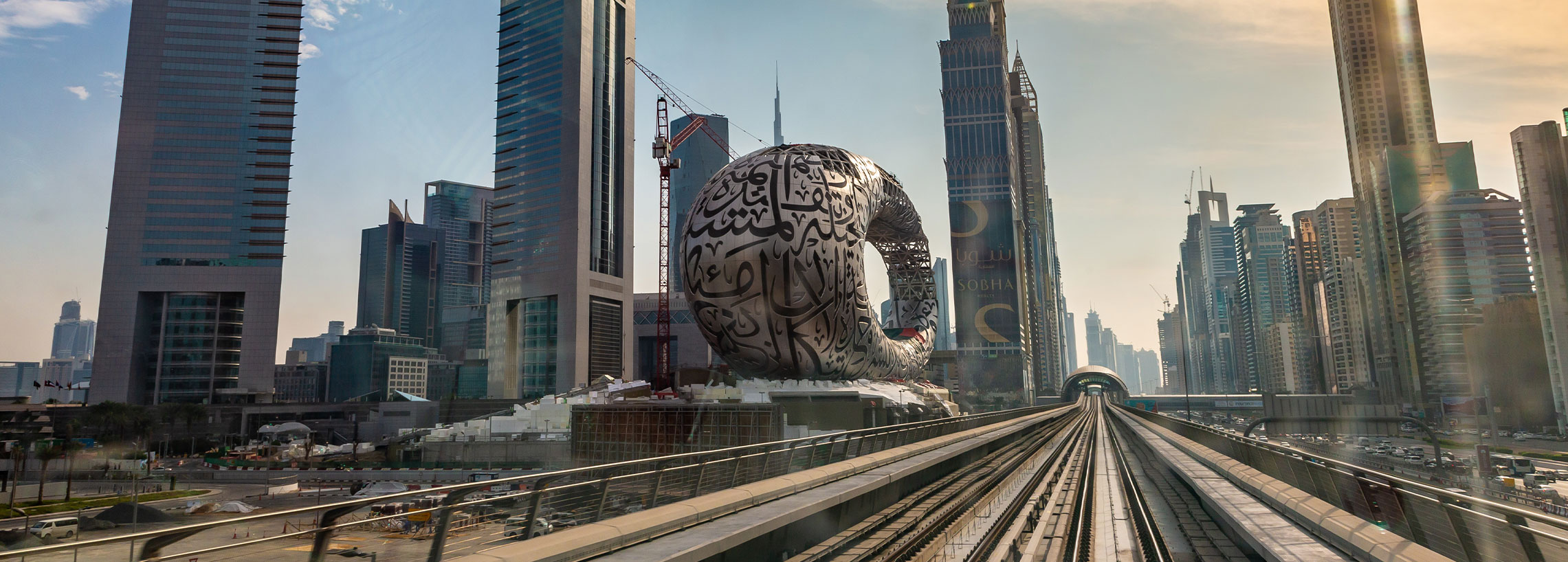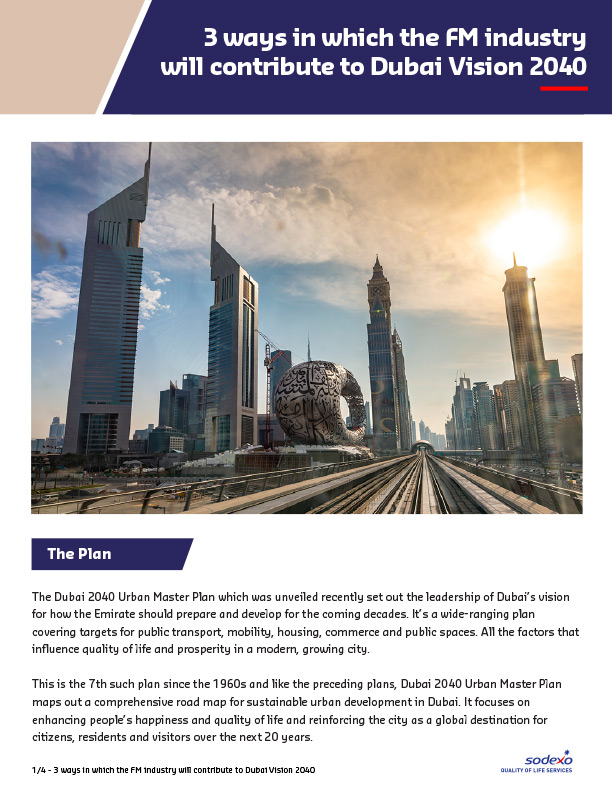Dubai 2040 Urban Master Plan maps out a comprehensive road map for sustainable urban development in Dubai.
The Plan
The Dubai 2040 Urban Master Plan which was unveiled recently set out the leadership of Dubai’s vision for how the Emirate should prepare and develop for the coming decades. It’s a wide-ranging plan covering targets for public transport, mobility, housing, commerce and public spaces. All the factors that influence quality of life and prosperity in a modern, growing city.
This is the 7th such plan since the 1960s and like the preceding plans, Dubai 2040 Urban Master Plan maps out a comprehensive road map for sustainable urban development in Dubai. It focuses on enhancing people’s happiness and quality of life and reinforcing the city as a global destination for citizens, residents and visitors over the next 20 years.
Some of the stand-out features of the plan are:
- The population of Dubai is expected to grow from 3.3 million in 2020 to 5.8 million in 2040.
- Green corridors will be constructed that link the 5 main population centres encompassed within the plan.
- Spaces designated for educational and health facilities will increase by 25%.
- Areas for hotels and tourism will be expanded by 134%.
- A strong focus on mass transit use, walking, cycling and the use of flexible means of transportation.
- A focus on sustainable development that works in harmony with surroundings.
- Improving the efficiency of resource utilisation
So how will the FM industry contribute to Dubai Vision 2040?
In order for this plan for Dubai to become a reality, it will need not only the direction of the Emirate’s leadership but also a massive contribution from the organisations that make their home in Dubai. All sectors of the economy need to pull together with the same goal in mind to make the vision come to life.
The FM sector will have a huge role to play, so how can we as an industry develop and evolve our thinking to prepare for this exciting future? As an industry that prides itself on its forward-thinking approach and readiness for innovation, many of the technologies required to fully adopt these plans are already in the market. If we pull together all the various threads/pillars of the plan, there are 3 main areas in which the FM industry can have a real influence on bringing this plan to life.

1. Energy Efficient Buildings
If there is one overriding theme to Dubai Vision 2040, it is sustainable growth. The challenge is to do both simultaneously - to grow and be sustainable at the same time.
One obvious way for FM companies to contribute is through making the buildings we live and work in more sustainable. Today’s Building Management Systems (BMS) can make an enormous difference to the energy footprint of a building. An integrated system that pulls together data from separate internal systems such as lighting, power, HVAC, plumbing etc. can accurately identify where resources are required (and where they are not) and can route utilities to that specific area. They can also be used to quickly identify issues and maintenance requirements (such as a suspected water leak) before they cause damage or waste energy and resources.
On a basic level that can mean turning off lights and cooling in areas of the building which are unoccupied, or it can mean redesigning the layout of a floor to maximise the efficiency of light, heat and cooling in the building. The combined effect of a 10-20% energy saving replicated across all the buildings in Dubai would have an astonishing effect on emissions.
2. Integration of the building into the wider environment

With the planned expansion of green space and the construction of ‘green corridors’ between the different districts in Dubai, it will be incumbent on building owners and FM providers to connect their building appropriately to the outside world. In practical terms that means making the building more
accessible to users of public transport and ‘last mile’ forms of transport. Providing safe access to those wanting to arrive by scooter or bike and having safe, secure storage for such transport or a nearby hub for rentals makes them a much more attractive option. We have all seen buildings where the thinking stops at the front door and building users find themselves right on the highway, a dangerous building site or a patch of desert as soon as they leave the pristine lobby areas. Such buildings need to become more integrated if we want a city that is friendlier to people that are not arriving via private car.
3. A workforce that thinks differently
A new type of city will require a new type of workforce. It will need people that are trained in energy efficiency, urban planning and integrated, smart cities. The successful FM providers of the future will need to take responsibility for training staff in these new skills in order to thrive, and for integrating
this type of thinking across the entire organisation. As Dubai heads towards Vision 2040, such concepts need to be woven into the fabric and culture of FM providers so that all decisions are made with these goals in mind.

